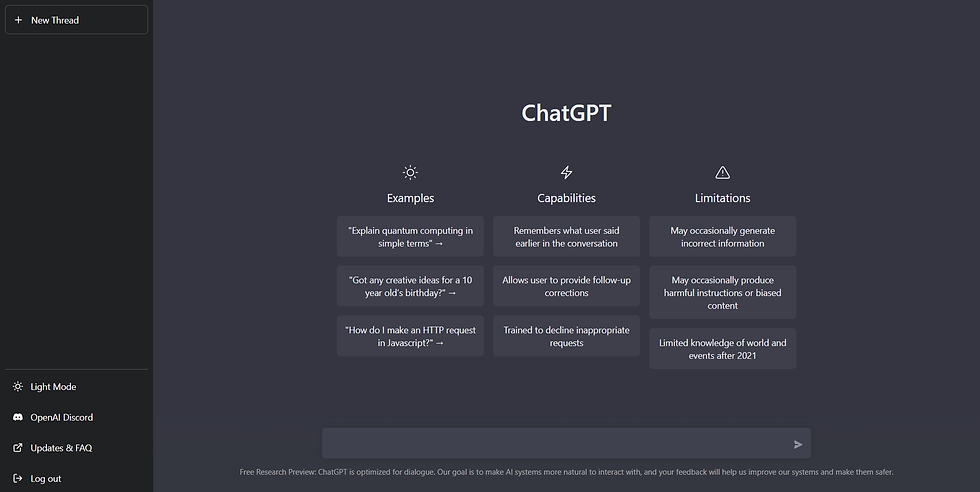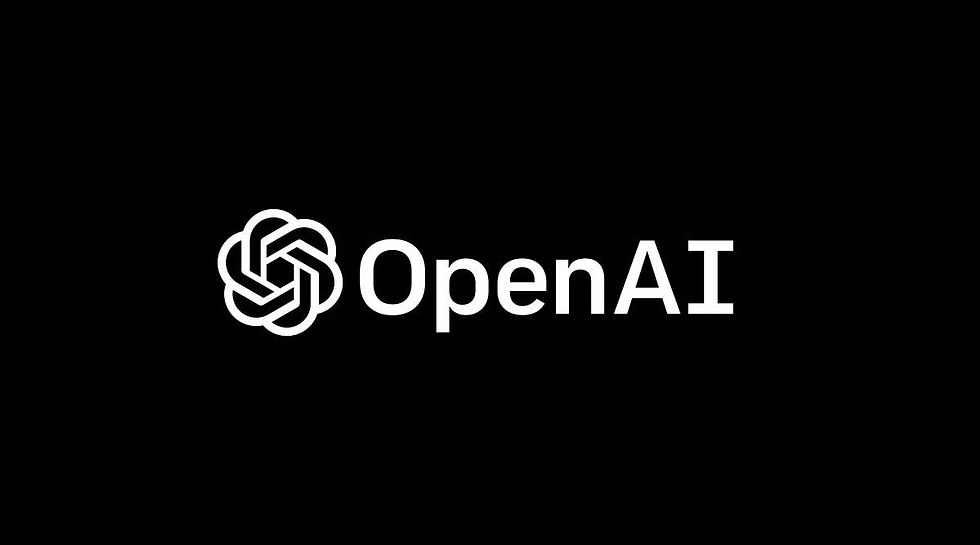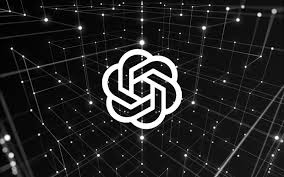Earlier last month, ChatGPT, an experimental chatbot, presented itself as the market's potential next major disruptor. This got me wondering- What is ChatGPT ? Why has it caused Google to issue a Code Red? Does ChatGPT possess the intelligence to alter how we look for information online? Could it eventually supplant Google and other search engines?

Source:- https://en.wikipedia.org/wiki/ChatGPT
One must comprehend what a "chatbot" is before reading about GPT. A chatbot, sometimes known as a chatterbot, is a piece of software that can conduct text-based or text-to-speech online chat conversations in place of live human chat operators.
GPT, or Generative Pre-training Transformer, is an OpenAI natural language processing (NLP) model. OpenAI backed by Microsoft and others, launched the first version of GPT (Generative Pre-trained Transformer) in 2018. It was a ground-breaking language model that produced text that resembled human speech using unsupervised learning. GPT has gone through various iterations since its initial release, including GPT-2 and GPT-3, which have greatly increased performance and functionality. Just an email address is required to register for ChatGPT. The webpage is easy to navigate once a person has enrolled. There's a section where one’s findings will appear and a text field where one may write their questions. For the best results, OpenAI recommends inserting a statement.

Source:- https://indianexpress.com/article/technology/tech-news-technology/what-is-chatgpt-the-ai-taking-the-web-by-storm-8302375/
The ability of GPT to produce writing that is human-like is one of its primary characteristics. Instead of just a list of online links, it can provide information in clear, straightforward language. It can convey topics in simple terms. The bot can create poetry, complete your assignments, and resolving tricky programming issues. It can also develop ideas on its own, such as business strategy, gift ideas, blog subjects, and leisure plans. Deep learning techniques are used to accomplish this, enabling the model to learn and comprehend the grammatical rules and structures of natural language. As a result, GPT can create prose that is comprehensible and has a human-like writing style. Large human-generated text datasets, like those from books, papers, and webpages, are used to train GPT algorithms. The model can learn the language's structure, as well as the meanings of words and phrases in context, thanks to this training. After being trained, GPT models can be tailored for certain jobs like translation or text summarising.

Source:- https://www.hitc.com/en-gb/2022/12/06/how-to-use-chatgpt-to-code-build-a-website-and-write-social-media-posts/
Some potential benefits of employing GPT are:
1. GPT can produce language that is comparable in language and form to that generated by humans, since it was trained on a vast collection of text that was created by humans.
2. GPT can be tailored to activities or linguistic areas, enabling it to produce text which is more pertinent to a specific use case.
3. GPT is simple to use and straightforward to incorporate into existing systems because of a straightforward API.
Some disadvantages of using GPT include:
1. Just like any learning algorithm, GPT is susceptible to picking up on biases in the information it was developed on. This implies that it may produce language that is biased in some way.
2. GPT is not a reasoning model; it is a linguistic model. This means that it is unable to completely comprehend the context or meaning of the message it outputs and may generate material that is illogical or irrelevant to the input.
3. The specific material that is generated when employing GPT is subject to some degree of your control. Because the model generates content using the patterns it has learnt from the training data, you may not always receive exactly what you want.
GPT is more concerned with comprehending and producing content that is like what a human would write, whereas Google is more concerned with indexing and arranging the massive quantity of information that is available on the internet to produce useful search results. To offer relevant search results Google employ’s a range of techniques and technology. Internet-related services and goods are the focus of Google, a global technology firm. Included in these are hardware, software, cloud computing, and search. Google's search engine, which enables users to enter keywords or phrases to find information on the internet, is its most well-known feature. Google also provides a variety of additional products and services, including email, maps, and advertising. Google has made efforts in recent years to assist consumers in novel search methods, such as using the camera on their smartphone and combining text and images. Large language models are used to comprehend user queries, and the technology is also used in "featured snippets," which highlight important material on pages with search results.

Source:- https://zeenews.india.com/hindi/technology/chat-gpt-might-replace-google-search-in-future-check-details-here/1487163
For more than two decades, Google has been the dominant entryway to the internet. However, with a new type of chatbot technology set to reinvent or possibly replace existing search engines, Google may face its first significant threat to its core search business. Google has allegedly issued a "code red" about the AI chatbot Chat GBT, in accordance with a New York Times investigation. According to a Google executive who spoke with the New York Times, AI chatbots like chat GPT could disrupt the search industry and ultimately hurt the company's ads business, which generates most of its revenue. To address the threat that is hanging over the company's search business. CEO Sundar Pichai, who oversees the company's air operations, is already working on developing the AI strategy for the organization. Google already has its own chatbot namely “LaMDA”. According to Jeff Dean, the long-time head of Google's AI division, and Sundar Pichai, CEO of Alphabet, the two companies have analogous capabilities. However, the financial consequences of failure would be higher because people rely on Google for answers. The use and accessibility of information on the internet may be impacted by GPT and other language models like it. The usage of chatbots and other language-powered digital assistants is one way that GPT might have an impact on Google. To give information and respond to user inquiries, these methods may be deployed, which would eliminate the need for consumers to use Google's search engine.
While GPT could be able to help with some search-related tasks, it is unlikely to take the place of Google as the default search engine. Google has more information about us and adjusts its search results to reflect our preferences. Google also serves as a portal to the internet, directing users to a myriad of different websites that contain far more information than the average person could possibly consume. This is useful when you require a variety of voices or if there is no single easy solution to your inquiry, such as when seeking for gift ideas. The biggest difficulty with the chatbot is that it relies on its algorithm to create a response, whereas Google presents several sources that are often evaluated by the number of other websites connected to it. As a result, Google search is an extraordinarily powerful tool for discovering reliable information by cross-referencing numerous sources.

Source:- https://dexlock.com/blog/openai-chat-gpt-ai-revolutionizing-conversations/
Google invests extensively in research and development, notably in artificial intelligence. Google commands a sizable portion of the search market. The corporation can fight competitors on a micro-level by hiring away professionals to work on AI for Google, in addition to on a macro-level by acquiring competitors. It's the nature of the beast for tech companies to be vulnerable to upheaval. Because Instagram constituted an imminent threat to Facebook (META), Zuckerberg shelled out a couple billion for the firm. It turned out to be a wonderful bargain for Meta, which benefited from the disruption of its very own business.
Disruption is inherent in the technology industry, and it is a threat that never truly goes away.
Article by:- Natasha




Comments